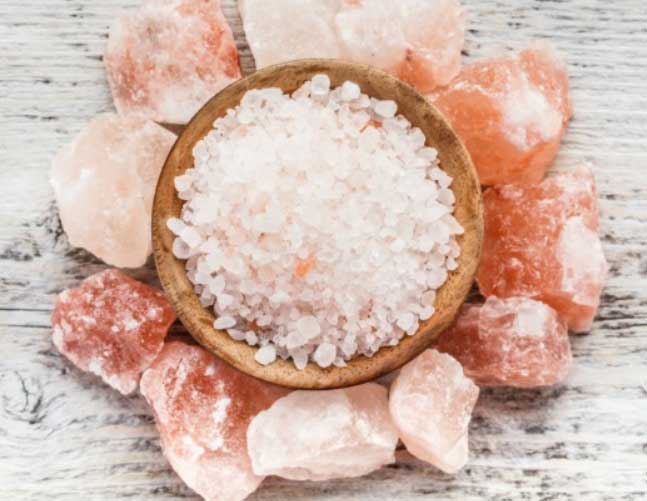If you were born between the early 1980s and late 1990s, you’re a millennial. And if you’re a millennial, odds are you aren’t investing your money in the stock market.
According to the recent poll 76 percent of millennial women found investing confusing, and 60 percent believe the typical investor is an old, white man. About half of millennial men agreed. As a young adult, you’ve seen a lot of negative press about Wall Street and investors losing their money during market crashes. It can be scary. It can also be daunting to start investing if you’re uninformed about how to get started.
Before you begin investing, you should arm yourself with knowledge of what you can do, how to get started, and how much money you could earn with a long-term investment.
Tip 1: Pay off Those Credit Cards
Unless you have impeccable credit, you’re likely paying interest rates as high as 24 percent on your credit card debt. A good plan is to pay the minimum on your lowest-interest cards and sink your money into the card with the highest interest and get it paid off.
Tip 2: Ditch Your Savings Account
It’s important to keep an emergency fund.
Tip 3: Take a Risk
The benefit of being a millennial is that you’re young and you can afford to make a risky investment. If it all comes crashing down, you’ll be OK. The older you get, the harder it is to justify a big risk, because you’re closing in on retirement and you need that money. On the other side, those risks in stocks can also potentially make you a lot of money in dividends, which you can continue to invest and make more and more money.
Tip 4: Just Start Investing Already
You can start with only $5. Granted, you won’t make a fortune with micro-investing, but it isn’t a huge risk to just get started.
Tip 5: Never Stop Learning
The best course of action for anyone who wants to start investing is to learn everything you can about investing. You can start with a couple of websites that are chock-full of investment information, such as Investopedia.








